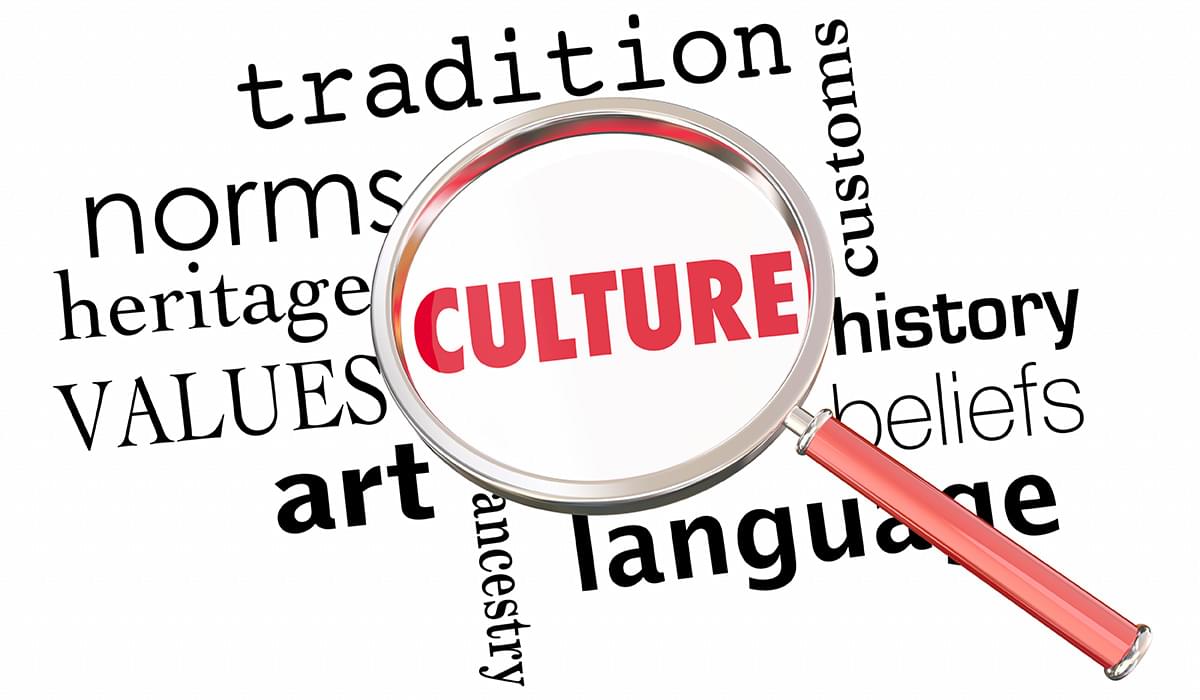What distinguishes cultural practices from traditional ones? Do the two differ from one another?
Although these two terms are frequently used interchangeably, they each have a unique and significant meaning.
Our world is incredibly interconnected. With a swipe of your finger, you can access any culture you like. You can discover customs that you may never have firsthand contact with. Even while your intentions may be to respect them, if you don’t grasp what they mean, you risk insulting people and engaging in cultural appropriation.
Sponsered4
Culture vs. Tradition: The Reason Japanese Remove Their Shoes
Japanese people started wearing shoes about 2,300 years ago to help in rice farming. Throughout the lengthy, muggy, and rainy days they spent outside, they wore them to keep their feet dry. They would therefore take off their shoes each evening before entering the house to prevent tracking in dirt.
Yet there were other factors besides cleanliness. Another has to do with behavior and how they treated their home as a holy space. The elevated floor storehouse that housed the rice paddies during the Meiji era is said to be the source of this. After a long day of effort, bringing dirt into the storeroom was considered an insult to the work you did because the amount of rice paddy you harvested symbolized power.
Sponsered4
It was the start of a custom that is still followed in contemporary Japan. not only in people’s homes, but also in some eateries, institutions of higher learning, temples, and even tea ceremonies. The custom has assimilated into Japanese culture.
Who defines culture?
The term “culture” refers to a group of concepts, practices, and social norms. It embodies a society or a group of people by fusing their knowledge, morality, and rules. The majority of the time, culture considers the larger picture. It is a broad term that refers to the entire thing. In addition to the foods you eat and the TV shows you watch, it also encompasses things like art, language, fashion, dancing, and more.
Sponsered4
For instance, particular meals, movie genres, dances, arts, and languages are probably what spring to mind when you think about Japanese culture. An complete group of individuals come together because of their shared culture. It serves as a reflection of both your actions and your beliefs. It’s ingrained deeply into your character and actions, frequently leading to similar morals and values. It is a sense of collective community identity.
In a nutshell, culture is all that a particular group of people has accumulated throughout the course of their history. It’s a way of life that you come to understand by immersing yourself in it every day.
Sponsered4
Describe tradition
Contrarily, tradition is a more precise concept. It’s frequently used to refer to a specific action or routine, like taking off your shoes before entering your home. Traditions are notions and convictions that are passed down from generation to generation. These are guidelines rather than regulations. A family can share certain common customs while still having its own special ones within a society.
For instance, many Japanese families honor their daughters on March 3rd each year, wishing them prosperity and happiness. That has been a common custom for many generations. Although it is not a requirement, most families celebrate it because they see it as an important aspect of their culture. Nonetheless, different families may observe it in various ways. a custom to do something, like travel to a given place or give a particular gift.
Traditions serve as a bridge to the past. They provide you the chance to respect particular facets of your culture and pay homage to your forefathers.
Sponsered4
What Separates Culture from Tradition
Traditions reflect a group’s ideas and actions that are passed down from one generation to another, which is the primary distinction between tradition and culture. The shared traits that the entire group has developed throughout the course of its history are referred to as its culture. For instance, it is customary in Japan to take your shoes off when entering a home, which is a common practice that is passed down from parent to kid. It has the same foundation in politeness as the custom of bowing to those you welcome. They uphold Japan’s larger culture, which is largely based on respect.
Traditions serve as the occasions and practices to celebrate culture, which serves as the fundamental thread that binds you to everyone else. Not just in Japan, but in every nation on earth, do we see this. For instance, family values are extremely important in Mexican society. There are several customs that respect this. The widely observed ritual known as “Day of the Dead” (Da de los Muertos) honors those who have previously passed away. Other practices that emphasize the value of family include the role of friends and family at weddings and large family gatherings for birthdays.
Sponsered4
Traditions specific to each culture help honor it. They significantly contribute to the culture’s ongoing development, although no one tradition can fully convey the story.
Why It’s Crucial to Understand the Distinction Between Culture and Tradition
Your language matters. It’s important to comprehend the words you employ. We see hints of how other people live as a species as we grow more connected. Open your phone today to discover more about a culture you have never encountered firsthand. Whether you feel bad about specific historical events, or you simply come across a culture you admire and want to respect.
Sponsered4
Some civilizations’ customs allow you the chance to do just that. But, your admiration could become cultural appropriation if you don’t see the wider picture. Despite the fact that you could take a lot of its components for granted, you are a part of a culture. Although much of it is hidden, you can be sure that it has a significant impact on the person you are. Your values and beliefs are affected. It has an impact on your character and personality. The culture of a person is revered.
These days, we have a remarkable shared capacity for acquiring knowledge of various civilizations. It’s a present. It is simple, for example, to honor Mexican culture by participating in Day of the Dead festivities. So are you respecting the culture or are you just engaging in a custom you have little knowledge of?
Sponsered4
Understanding the distinction between culture and tradition is crucial for this reason
A culture’s traditions are frequently its most outward-facing elements. They assist you in knowing what to do when (and what not to do). They offer a glimpse into someone’s culture, but in order to really comprehend a culture, you must take the time to study about it.
Understanding the distinction between culture and tradition is one of the first things to be learned. If you are aware of this, you can dig deeper and consider the wider picture. This fosters compassion, admiration, respect, and the capacity to appropriately recognize a person and their culture.
Sponsered4
How to Respect Cultural Traditions
Real comprehension enables lasting change. As movements like MeToo, Black Lives Matter, and those by the LGBTQ community gain traction, millions of people are becoming aware of this. We’re starting to consider other people’s perspectives more frequently.
Because we can only know what we already know, the distance between knowledge and apathy grows. But, the groundwork for transformation is laid when you begin to realize what you might not know, to try to understand the perspective and experiences of others, and to sympathize with them.
Ignorance is the root of so much hatred, strife, and war. Violence begins in our minds and emotions, in the words we use, and in the convictions we have about other people’s cultures and ways of life long before bombs and bullets are fired. We may better understand one another, empathize with one another, establish relationships, and bring about real change when we are aware of the distinctions between culture and tradition.
Sponsered4




